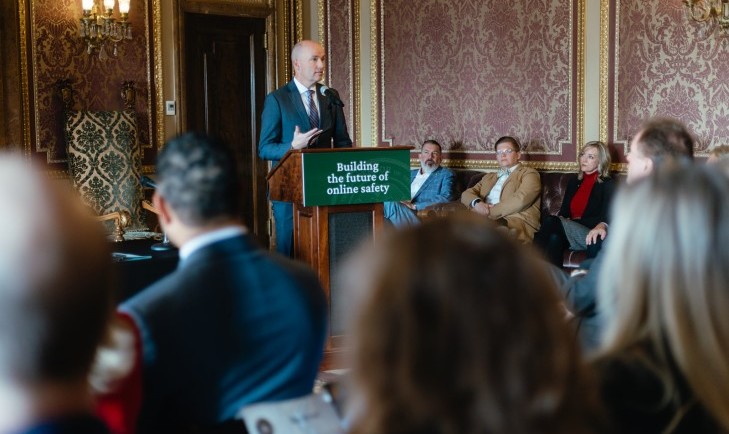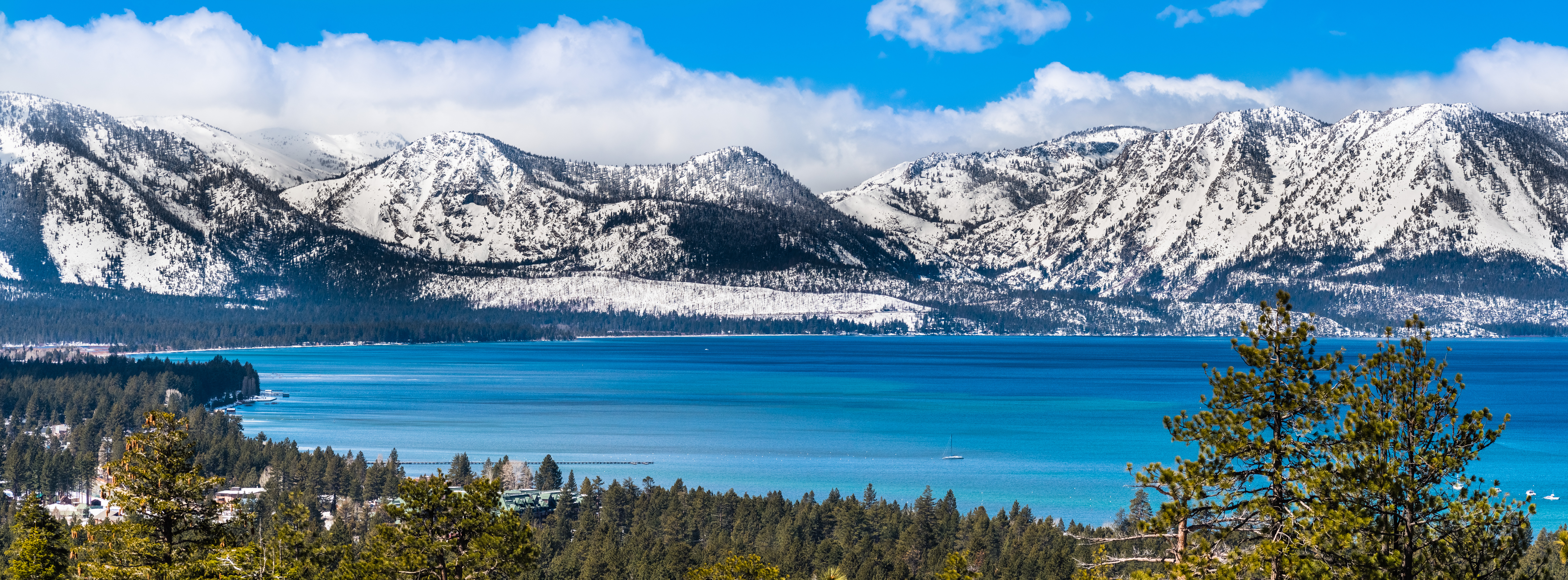04/10/25
Best of the West: Govs push for phone-free schools; CA water supply; Olympics in Oklahoma; More CO geothermal; Green building bill passes House; and digging for dinos

The Western Governors' Association keeps you updated on the latest news in the West. Here are the top stories for the week starting April 7, 2025. (Photos courtesy of Adobe Stock Images, and the Office of Utah Governor Spencer Cox).
In recent years, educators, parents, experts, and even some students have been pushing to remove cell phones from American classrooms. They cite dwindling attention spans, a lack of social development, poor learning outcomes, and the youth mental health crisis to advocate for cell phone bans across the country.
You can now add many western states and Governors to that list, as bipartisan phone-free school legislation is popping up across our region.
Among the most vocal Governors in the country on this issue has been Governor Spencer Cox of Utah, who has been out front on the issues of digital privacy and tech safety.
Governor Cox recently signed three bills related to tech safety, including one measure to require age verification for app downloads, one giving social media users more control over their personal data, and a third that prevents students from using devices during classroom hours.
Shortly after signing the bills last week, Governor Cox penned an op-ed in TIME, describing the groundbreaking Digital Choice Act, which aims to give users power over their data on social media. He writes that the new legislation will give users the ability to control and move their data and content between apps, and delete their data should they choose to leave a platform.
“For years, it has been common wisdom that social media is not the product—we are,” write Governor Cox and his co-author, Frank H. McCourt Jr. “Indeed, users do not pay for access to social media platforms, social media platforms sell our attention to advertisers. The Digital Choice Act flips that relationship around to put users back in control.”
In addition to the Digital Choice Act, Utah’s new cell phone ban will prohibit students’ phone use during classroom hours in Utah public schools – a move that is being considered in a number of western states.
In California, Governor Gavin Newsom signed the Phone-Free School Act last year to require every school district, charter school, and county office of education to develop policies limiting or prohibiting smartphone use by July 2026. The Governor cited excessive smartphone use leading to anxiety, depression, and other mental health issues, and said that the new law will help students focus on academics and social development while at school.
A similar bill being considered in Colorado would require school districts to develop their own policies around cell phone use in schools, while a newly introduced bill in Oregon would ban the use of cell phones for the entire school day across all Oregon schools.
Other states like New Mexico and Idaho are taking a slightly different approach, with a bill signed by New Mexico Governor Michelle Lujan Grisham that incentivizes school districts to limit cell phone use. In a similar move last year, Idaho Governor Brad Little signed the Phone Free Learning Act, encouraging districts to adopt policies to restrict phone use, while offering a $5,000 award to districts that adopt new policies.
Other Western Governors like Governor Greg Gianforte in Montana and Governor Kelly Armstrong in North Dakota have called on districts to establish phone-free schools, while state legislatures in Oklahoma, Arizona, and Nebraska are considering similar bills.
CA water supply: for the first time in 25 years, California has measured a near- or above-average snowpack on April 1 for three consecutive years, reports the LA Times.
This year’s snowpack in the Sierra Nevada measured 96% of average on the first of the month, after late-season storms helped to even out a dry start to the winter. This three-year stretch has helped the state recover from its driest period on record between 2020 and 2022. Major California reservoirs now sit at about 117% of average.
average on the first of the month, after late-season storms helped to even out a dry start to the winter. This three-year stretch has helped the state recover from its driest period on record between 2020 and 2022. Major California reservoirs now sit at about 117% of average.
Olympics in Oklahoma: Oklahoma City is officially set to host two events for the Los Angeles Olympic and Paralympic Games in 2028: softball and canoe slalom.
Canoe slalom will be held at Riversport Rapids, a downtown whitewater park, and softball will be held at Devon Park, the home of USA Softball. The International Olympic Committee has pushed to hold upcoming events at existing venues, as opposed to building new arenas.
Oklahoma City is the first out-of-state venue announced to host events for LA 2028.
More CO geothermal: Colorado Governor Jared Polis continues to usher in the future of geothermal energy in his state, this time with the announcement of $14.4 million for new projects.
“Geothermal energy - the heat beneath our feet - is a clean energy option that will help save Coloradans money and protect our state for future generations,” said Governor Polis. “I am thrilled to announce this $14.4 million investment in advancing geothermal energy across our state and empower companies to harness the heat beneath our feet.”
Read the Governor’s press release here, and explore Governor Polis’ WGA Chair initiative, The Heat Beneath Our Feet.
Green building bill passes House: a bipartisan bill to support the development of green building materials passed in the U.S. House of Representatives by a vote of 350-73 recently. The IMPACT Act would encourage the development and sale of low-carbon concrete, cement, and asphalt. Green building materials such as low-carbon cement ultimately represent a shift to a cleaner and cheaper option. Read more in coverage from Canary Media.
Digging for dinos: in the southwestern Utah town of St. George, a crew of local paleontologists and volunteers are racing to unearth ancient fossils on a small patch of land that’s slated to soon be developed as an electrical substation, reports KUER.
Present-day St. George sits on what was once the edge of a 200-million-year-old saline lake, and the area is full of prehistoric footprints and other relics.
In just a few weeks on this spot, the crew has discovered around 200 specimens, with half of the area covered. Paleontologist Jaleesa Buchwitz says the new discoveries will amount to “decades of work” of categorizing and preparing the new items.